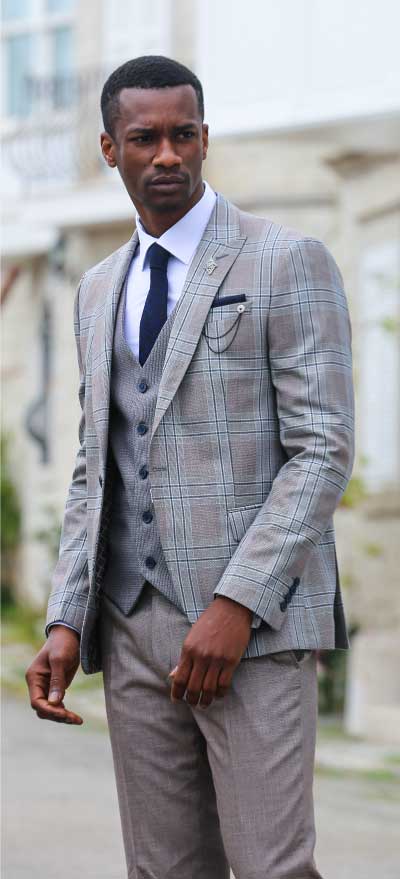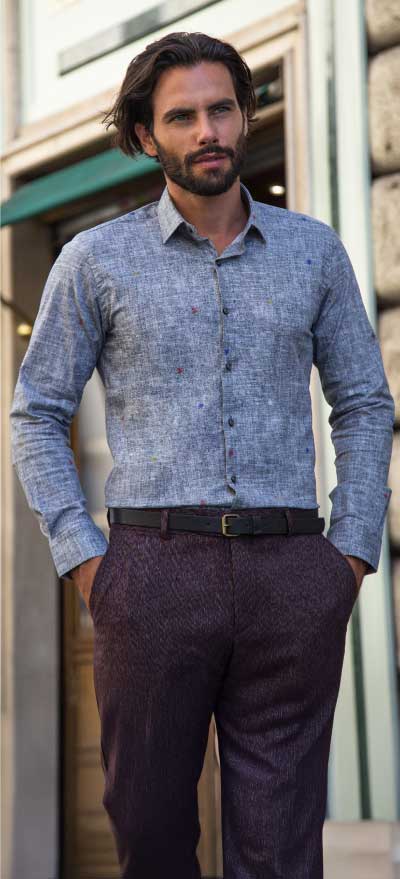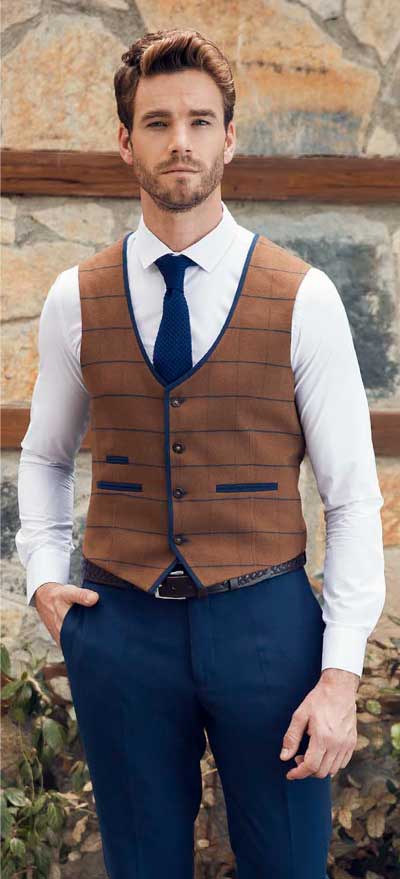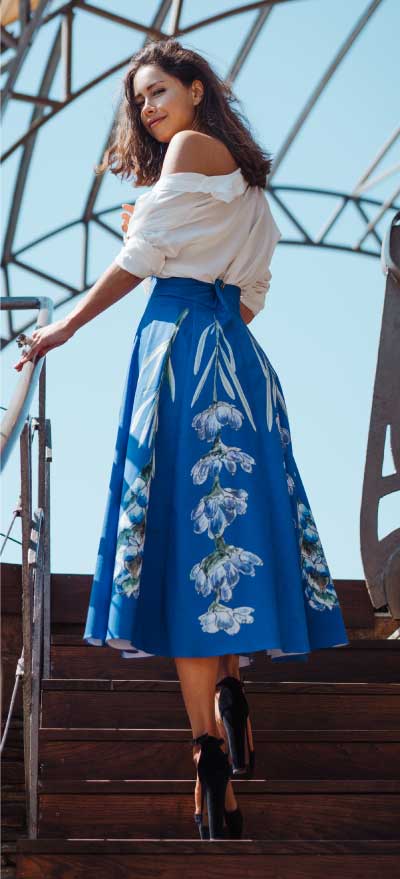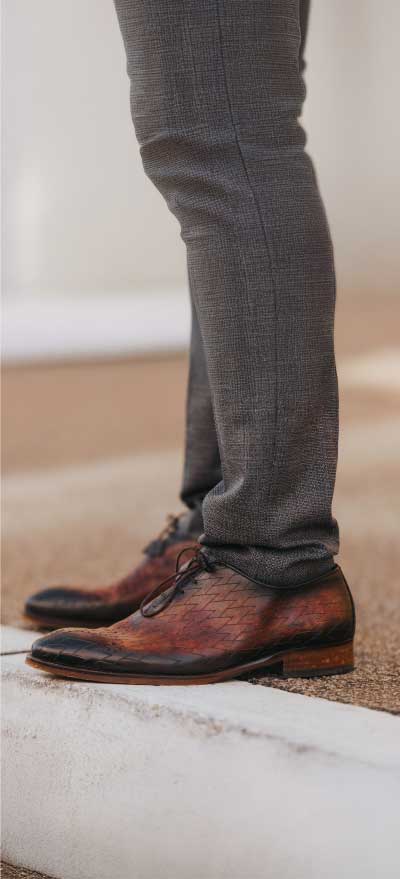Find the Perfect Fit: Wholesale Apparel for A Target Market
In the ever-evolving fashion world, staying ahead of trends and catering to your target market's preferences is crucial. Wholesale apparel provides a lucrative business opportunity that involves procuring clothing items in bulk from manufacturers and selling them to retailers, drop shippers, or consumers. This article delves into the essential aspects of succeeding in the wholesale apparel industry, from understanding your target market to sourcing the right suppliers and implementing effective pricing strategies. Whether you are a beginner or an experienced wholesale apparel dealer, this guide provides insights and practical tips to ensure success in this crowded market.
What is an Apparel Wholesaler?
A wholesaler is a pivotal player in the world of fashion, connecting clothing manufacturers and retail establishments. Unlike a retailer who focuses on individual customers' purchases, a wholesaler functions through bulk buying capacities, supplying merchandise to retailers economically. By negotiating with many vendors simultaneously, these intermediaries provide busy establishments with effortless access to limitless options in their inventory searches. They carefully develop comprehensive networks within the industry to ensure buyers enjoy having global brands at their fingertips. Their advanced systems alleviate the inconvenience of seeking out separate suppliers whenever new orders are needed.
How is Wholesale Apparel Different From Retail?
Companies engaged in wholesale apparel differ significantly from those dealing in retail. While retailers interact directly with individual customers, wholesalers require a long-term client base but benefit from the network of loyal clients that ensue. Wholesale transactions entail large orders, accompanying them are expenses saved from economies of scale, and, consequently, the offering to buyers of lower unit costs than their consumers see at retail stores.
This cost-benefit ratio gives value to retailers while they drive incremental profits in their establishments by selling these products. Furthermore, clothing items produced for sale through wholesale channels come in cases or assortments rather than singular items, making them highly useful to businesses used for reordering and resupply.
Understanding Your Target Market's Style Preferences
A successful apparel wholesaler must have an in-depth knowledge of their target market's style preferences. This might vary between different demographics with distinct tastes and trends, so effective market research is essential to identify what age group, lifestyle, and cultural preferences are related to the target audience. With this insight, it will be possible to choose wholesale products that align with the desires of potential customers, ensuring success for your wholesale business. An array of products should be available from your chosen wholesale suppliers to assemble an assortment carefully tailored to your buyers' interests.
Assessing Seasonal Trends and Demand That Impact Pricing & Sales
Staying attuned to seasonal trends is vital in the ever-evolving fashion landscape. Trends can dramatically influence consumer demand, so wholesalers must anticipate shifts in preferences and adjust their inventory accordingly. From winter coats to summer dresses, catering to seasonal demands can significantly impact your sales. Collaborate closely with manufacturers and suppliers to ensure timely availability of the latest styles.
Moreover, successful apparel wholesalers must know how to effectively price their products. When setting prices, make sure to consider cost factors such as shipping and taxes while leaving sufficient profit margins for your business. Periodically assess the competition in order to understand pricing strategies employed by other wholesalers and see if you can increase your profits with more competitive costs that will entice buyers.
Sourcing Wholesale Suppliers and Brands
Selecting reliable wholesale suppliers and brands is the cornerstone of your business's success. Research and identify reputable wholesale vendors and distributors known for their quality products and timely deliveries. Consider establishing partnerships with drop shippers, who directly ship products from the manufacturer to the retailer, eliminating the need for you to hold inventory.
Leverage wholesale websites and industry events to build connections and expand your network. Wholesale clothing never goes out of style, so make sure that you have done your due diligence in searching for the best suppliers and brands to ensure a steady flow of products. This will ensure that you have a reliable supply of products while keeping costs low.
Evaluating Quality and Material Standards to Ensure Customer Satisfaction
Quality assurance is paramount when dealing with wholesale apparel, as retailers rely on wholesalers to guarantee the products, they receive meet certain durability, comfort, and aesthetic appeal standards. To ensure wholesale customer satisfaction and safeguard their reputation as reliable suppliers, wholesalers must carefully evaluate the quality and material standards of each product they source.
Any product defects are often held accountable by the wholesale distributor, so it's important to make sure that any vendors they work with adhere to established material and quality standards. This may include extensive tests or reviewing certifications from manufacturers or independent labs. Following these measures can help wholesalers be confident in providing products that will satisfy buyers' needs, thus increasing buyer loyalty.
Pricing Strategies for Competitive Advantage That Will Increase Profits
As an apparel wholesaler, you have the advantage of bulk purchasing, which enables you to negotiate favorable prices with your suppliers. You can use this influence to your advantage by maintaining a competitive edge on pricing with the retailers you work with – helping retailers maintain healthy and profitable margins. Try tiered pricing modes based on order volume so that buying large volumes can come at its advantages – rewarding purchasing loyalty and encouraging higher purchases themselves.
You could also offer discounts, promotions, and even incentives such as free shipping to brand-loyal customers to increase your sales numbers. By taking care in devising effective pricing strategies, wholesalers can gain efficient and strong relationships in the market – while ensuring themselves good profits too!
Conclusion
By tapping into what you know and how to find it, you can ensure that your target market is getting the apparel they want with the quality and affordability they need. With a better understanding of wholesale apparel, the ability to assess seasonal trends, sourcing reputable suppliers and brands, and crafting competitive pricing strategies, your business is sure to reach new heights. If you have more questions about wholesaling, feel free to check out our FAQ page. The more you are informed about the whole process of apparel wholesaling, the better your chances are to capitalize on the target audience's interests.
Take the leap with our brand, Clothing Supplier and discover the opportunities available in the world of wholesale apparel. Put its power to work for you, fine-tune your selection process, maintain quality standards, and reap increased profits – this is just the beginning! It's time to go beyond retail shopping - get out there; discover what makes buying bulk so advantageous as you find the perfect fit for your target market! HAPPY WHOLESALING!
Wholesale Apparel FAQ:
Can I put my own label on wholesale clothing?
Yes, in many cases, it's possible to add your own label to wholesale clothing items. This process is known as private labeling--it allows you to customize the clothing with your brand's identifying elements (label, logo, etc.) and give your products a distinct identity. This can be especially beneficial for those who are trying to establish their own fashion brand. If this option interests you, inquire about it when exploring options with wholesalers; keep in mind that some may offer it while others might not, and there can also be additional costs and/or minimum order quantities associated with private labeling.
Does wholesale mean private label?
No, wholesale and private labels are related but distinct concepts. Wholesale refers to purchasing goods in bulk from manufacturers or distributors at a discounted price and then reselling them to retailers or consumers. Private labeling, on the other hand, involves customizing products with your own brand's label and identity. While you can often incorporate private labeling into your wholesale strategy, not all wholesale products are necessarily privately labeled. It's important to clarify your intentions and requirements with the wholesaler to meet your branding needs.
Can anyone order from a wholesaler?
In general, wholesalers primarily cater to businesses rather than individual consumers. This means that retailers, online clothing stores, boutique owners, and other business entities are the main customers who order from wholesalers. Wholesalers often have minimum order quantities to make bulk purchasing more cost-effective for both parties involved. While some wholesalers may have more lenient policies and allow smaller orders, the overall focus remains on serving businesses looking to stock their inventory. Ordering from a wholesaler typically involves meeting certain criteria, such as providing business registration information and adhering to their ordering terms.




